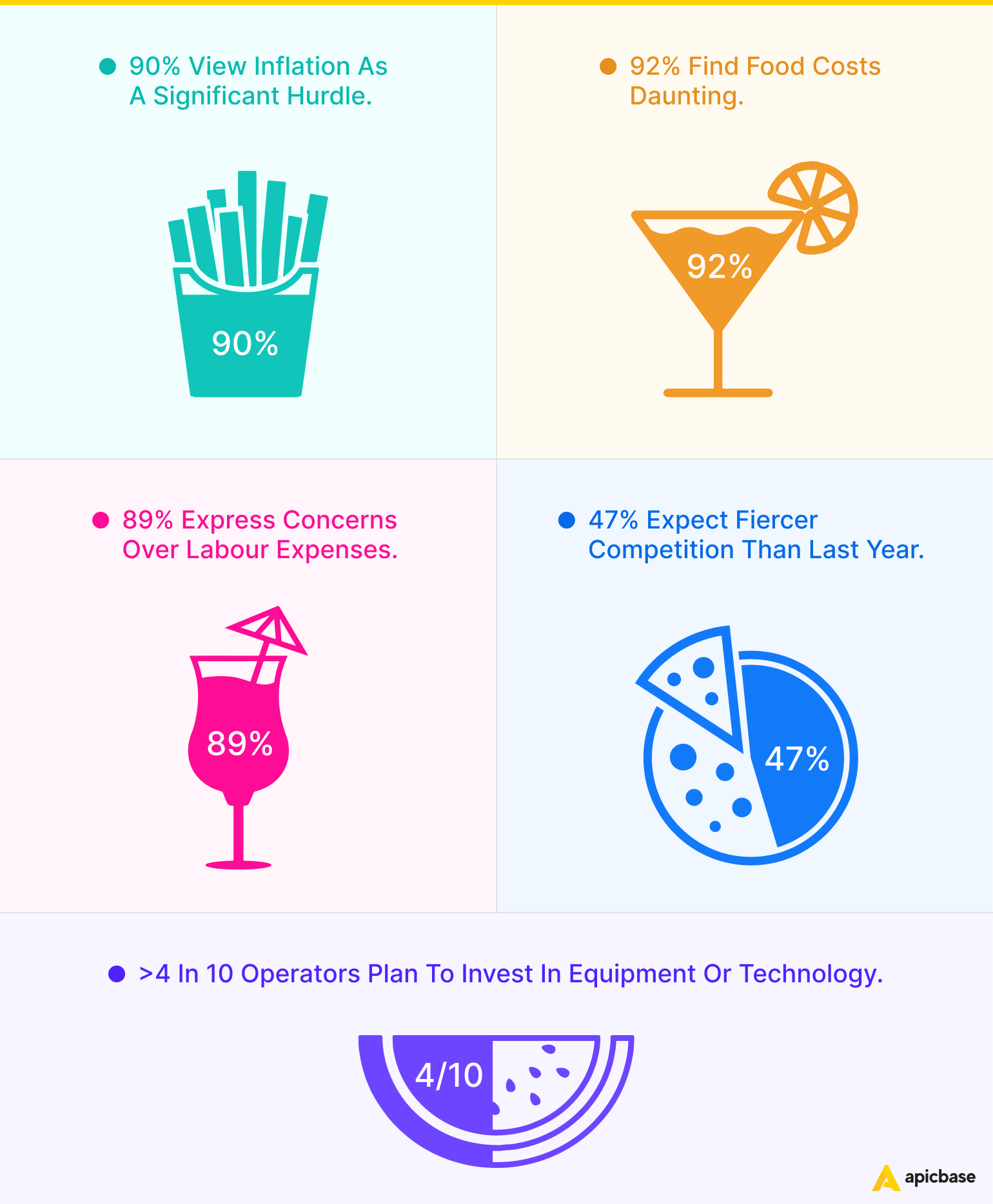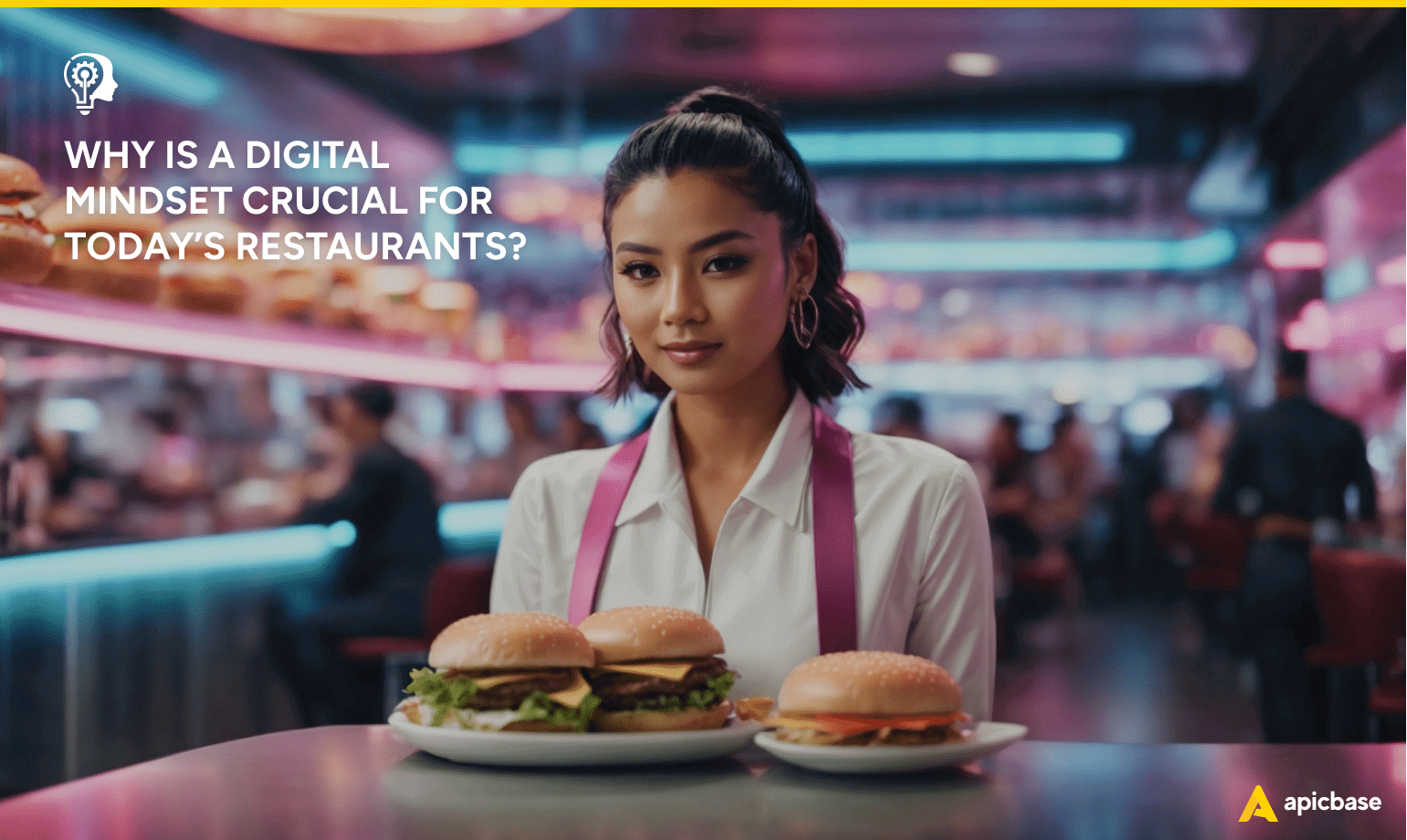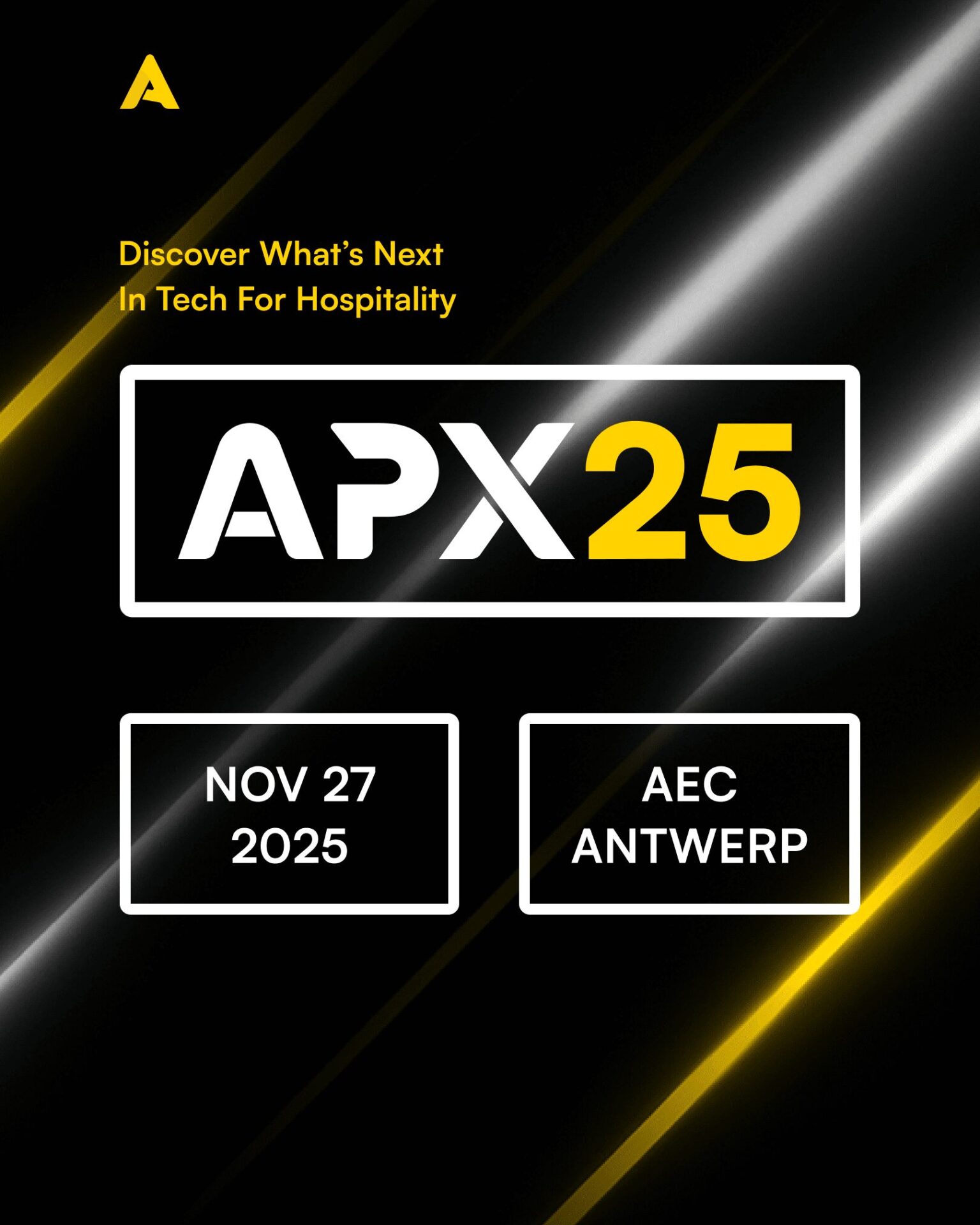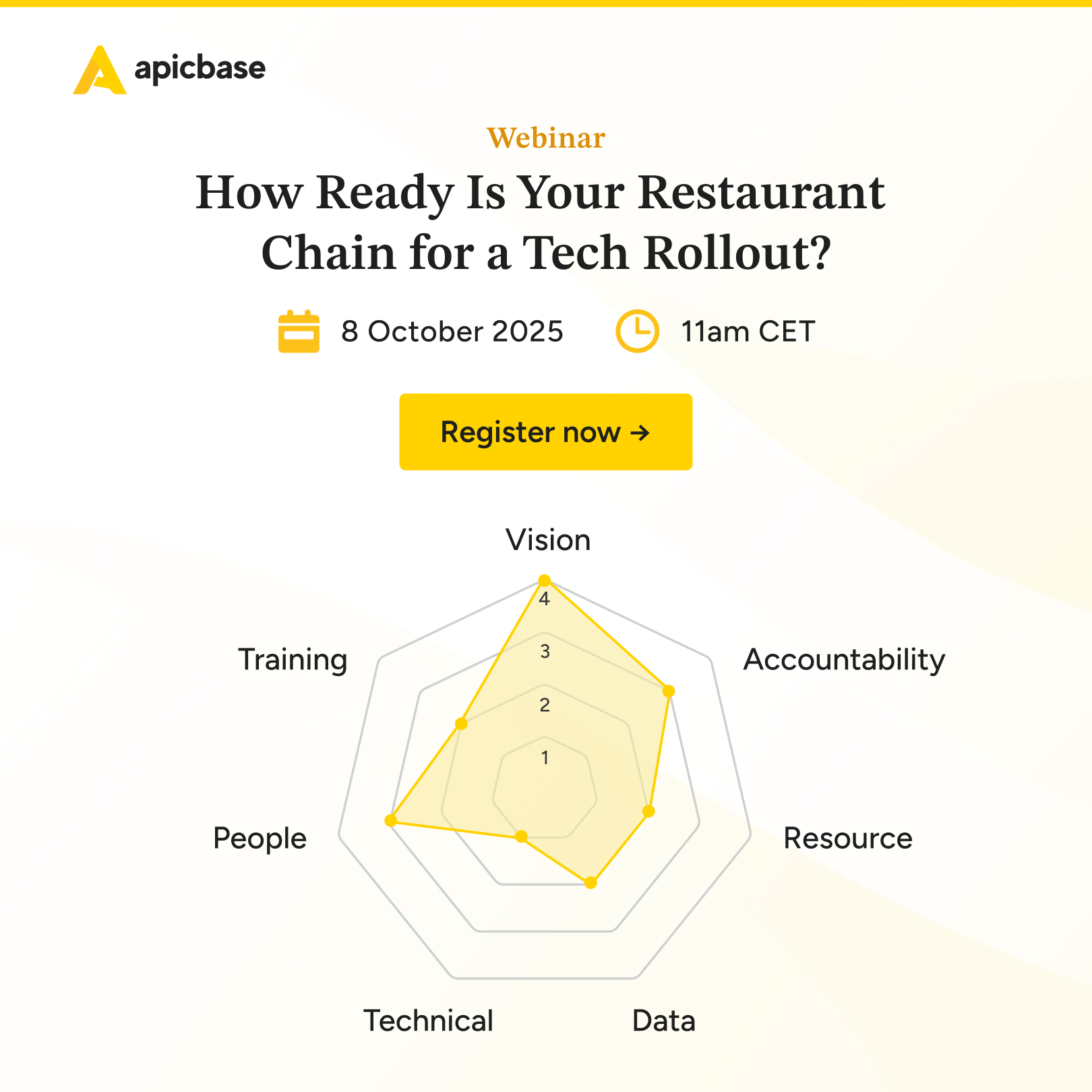Digitisation is more than introducing new technology; it requires a digital mindset – a new way of thinking that changes how restaurants operate.
Historically, restaurant operators have (often) been resistant to change. Many aspects of this industry have remained unchanged for centuries. This is in stark contrast to just about every other industry. From multinational corporations to local bookshops, they have undergone multiple changes in their business models and the ways they operate.
Restaurants, however, didn’t need to change their strategies. If they provided good value in a prime location, the chances of success were high.
But customer behaviour has changed rapidly in recent years. Digitisation isn’t just a response to that shift; it’s the driving force behind it, making it the most transformative change in hospitality over the past century.
But…
This evolution isn’t only about using new software or digital gadgets, but also about how employees fundamentally think about their jobs.
Without a digital mindset, even the most advanced tech can become just an expensive ornament rather than a tool to elevate the business.
It can lead to resistance to change, the underutilisation of expensive tech, missed opportunities, and reduced ROI.
The Push for Digital Transformation
Restaurants today face many challenges, from rising food and labour costs to intensifying competition.
According to The National Restaurant Association’s 2023 State of the Restaurant Industry report, 90% of restaurant operators view inflation as a significant hurdle. Similarly, 92% find food costs daunting, while 89% express concerns over labour expenses. On top of that, the competitive landscape is evolving, with 47% of operators in 2023 anticipating fiercer competition than the previous year.

To navigate these challenges, many are turning to technology as a solution to boost revenue and reduce costs. More than 4 in 10 operators plan to invest in equipment or technology to increase front- and back-of-house productivity.
The restaurant industry has awakened to the digital shift. As Carl Orsbourn and Meredith Sandland emphasise in their 2021 book Delivering the Digital Restaurant: Your Roadmap to the Future of Food, it’s crucial to understand this disruption. Those who adapt will thrive, while those who resist risk being left behind.
CEO of Union Hospitality Group, Danny Meyer, asserts, “The next frontier for restaurants is expanding hospitality through technology.”
Defining the Digital Mindset

Mastering new technological skills is, indeed, a crucial part of digital transformation, as highlighted by Tsedal Neeley and Paul Leonardi in their May 2022 Harvard Business Review article, Developing a Digital Mindset.
Yet, it’s only a piece of the puzzle.
They stress that employees need to use these skills for innovation. The ability to do so is at the heart of a ‘digital mindset’.
The authors define a mindset as a unique way to see and respond to the world. In today’s digital era, it means understanding and embracing the power of data, algorithms, and AI to succeed in a tech-focused business world.
In short:
A digital mindset means understanding the power of modern tech and being eager to use these tools creatively. It’s about seeing the potential in technology and embracing a world increasingly driven by data and advanced systems.
Let me Explain with an Example

Imagine you’re in a restaurant and have been using an analogue cash register for years. It’s manual, requires you to punch in numbers, and gives you a basic record of transactions. It does the job, but it’s limited.
Now, consider a digital restaurant POS system. With a digital POS, you’re not just processing payments; you’re analysing sales trends, managing reservations, and getting insights into customer preferences. It’s faster, smarter, and offers so much more.
Nurturing a “digital mindset” in your company culture is like upgrading to that POS system. If you stick to the old ways of thinking, like the analogue cash register, you’ll get by but miss out on many opportunities.
Fostering a digital mindset means everyone in the company is open to using technology, understands its potential, and knows how to leverage it to enhance operations and customer experience.
Embrace the Change

As Tim Stobierski points out, adapting to organisational change can be daunting for team members affected directly. However, he emphasises that embracing such changes, despite their challenges, paves the way for growth and career advancement.
The trick in making the change is clarifying the benefits to everyone. “Developing a digital mindset takes work, but it’s worth the effort,” says Neeley and Leonardi.
- Employees who do so are more successful in their jobs and have higher satisfaction at work, are more likely to get promoted, and develop valuable skills that are portable should they decide to change careers.
- Leaders with a digital mindset can better set their organisations up for success and build a resilient workforce. And companies that have one react faster to shifts in the market and are well positioned to take advantage of new business opportunities.
Embracing digital technology is about enhancing roles, not replacing them.
Tools like Apicbase, for instance, offer support in areas like recipe costing, allergen management, and inventory control. Yet, they complement, not replace, the unique touch of professionals like chefs. At day’s end, it’s the chef crafting a delightful dinner, not just the tech.
This blend of tech and talent is the essence of a digital mindset.
Apicbase automates key tasks like recipe management, ordering, stocktaking, and F&B cost analysis. With this efficiency, your team can focus on improving customer experience and store profitability without wasting time chasing numbers in spreadsheets.
The First Step is Crucial
Choosing the right software systems is a pivotal first step. Systems that employees love to use, that integrate seamlessly with other solutions, and that simplify the consolidation of data are invaluable.
They not only streamline operations but also provide actionable insights that can be game-changers for any restaurant.
As a restaurant leader, the challenge and opportunity lie in guiding your teams towards this digital horizon.

By championing a digital mindset and selecting tools that resonate with your workforce, you set the stage for a future where technology and talent merge, driving unparalleled success in the ever-evolving world of hospitality.



